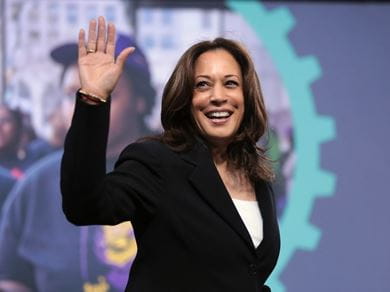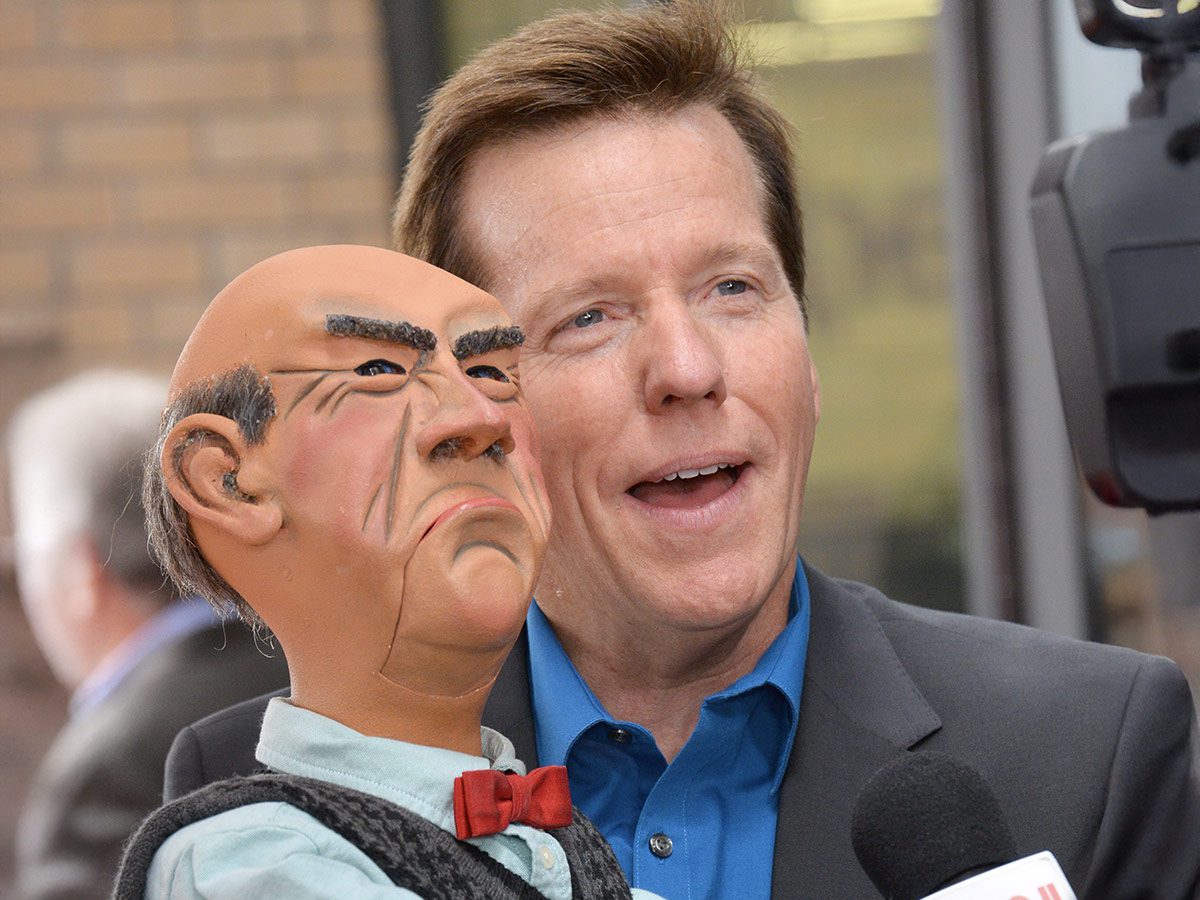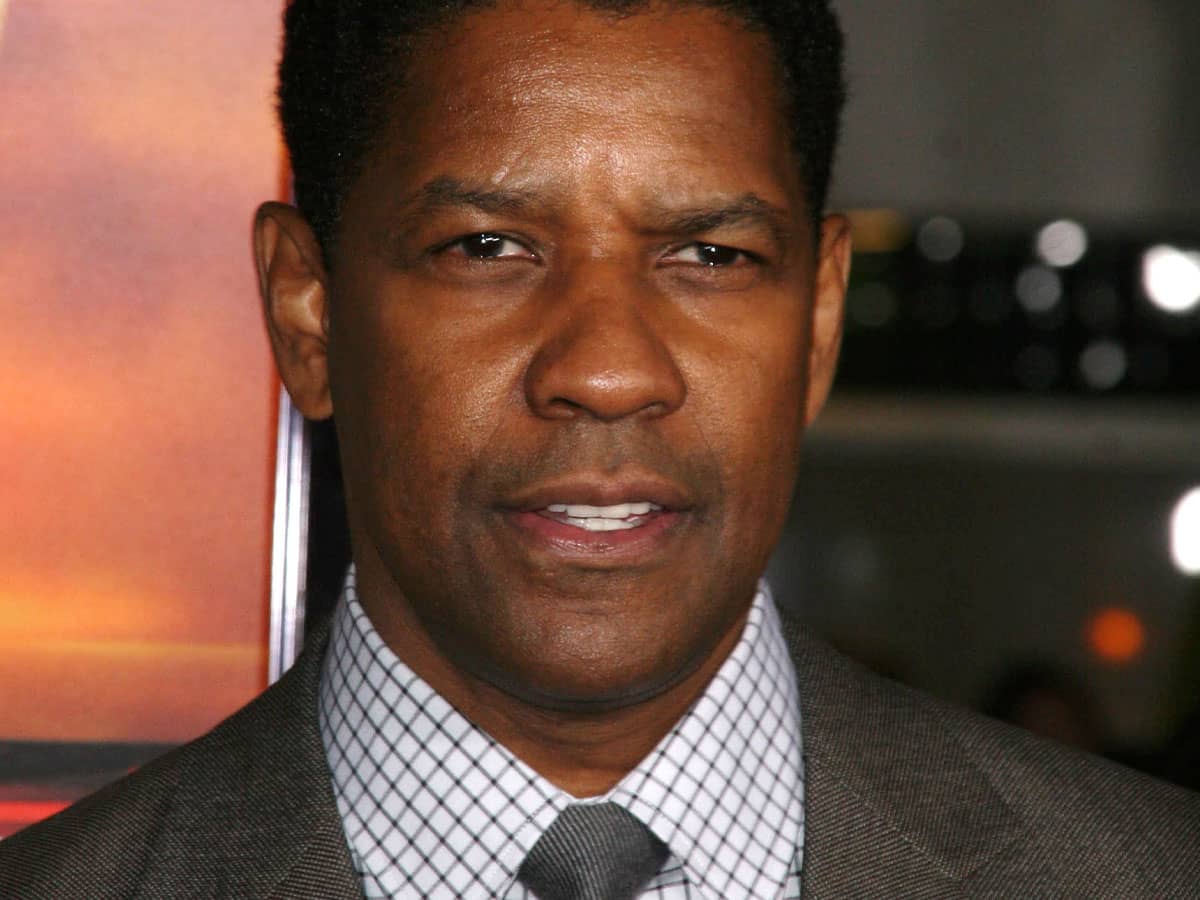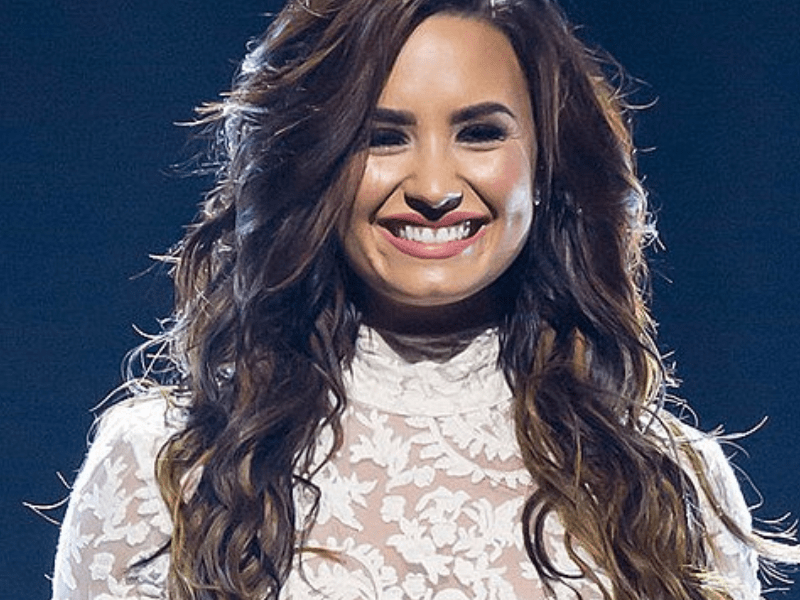
- Faith: Christian
- Career: Politician
- Birthday: October 20, 1964
Kamala Harris, a politician and attorney, served as Vice President of the United States from 2021 to 2024 under President Joe Biden. She made history as the first woman of both South Asian and African-American descent to hold the office, breaking barriers and inspiring generations.
She was born on October 20, 1964, in Oakland, California, to Shyamala Gopalan and Donald Harris. Her mother, Shyamala, was a renowned cancer researcher from Chennai, India, who immigrated to the United States to pursue her Ph.D. at the University of California, Berkeley. Her father, Donald, an economist from Jamaica, also pursued higher education in the U.S. and became a professor of economics.
Growing up in a family deeply invested in civil rights and social justice, Harris was influenced by her parents' commitment to activism. Her mother was a prominent figure in the civil rights movement, and her father was a staunch advocate for racial equality. This environment fostered Harris' early interest in justice and equality.
Harris attended Howard University in Washington, D.C., where she earned a Bachelor of Arts in Political Science and Economics. Her education at Howard, a historically Black university, was formative in shaping her political philosophy and commitment to public service. She then returned to California to attend the University of California, Hastings College of the Law, where she earned her Juris Doctor.
Kamala Harris’ career in law and politics began in the early 1990s when she became a deputy district attorney in Alameda County, California. Her work in the district attorney's office was characterized by her focus on prosecuting cases related to violent crimes and domestic violence, which earned her a reputation as a dedicated and effective attorneyIn 2003, Harris was elected District Attorney of San Francisco, becoming the first African-American and first female to hold the position. During her tenure, she implemented progressive policies aimed at reforming the criminal justice system, including initiatives to address recidivism and improve rehabilitation programs for offenders.
Her success as District Attorney paved the way for her election as Attorney General of California in 2010. As Attorney General, Harris continued her focus on criminal justice reform, tackling issues such as foreclosure fraud and human trafficking. Her tenure was marked by significant legal victories and her efforts to address systemic issues within the criminal justice system.
In 2016, Kamala Harris was elected to the U.S. Senate, representing California. Her time in the Senate was marked by her advocacy on a range of issues, including healthcare, climate change, and immigration reform. Harris’ legislative work and her role on the Senate Judiciary Committee allowed her to establish herself as a prominent voice on national policy.
Kamala Harris' rise to national prominence reached a historic milestone when she was elected Vice President of the United States in 2020, alongside President Joe Biden. As Vice President, Harris has played a crucial role in the Biden administration, focusing on key issues such as voting rights, pandemic response, and economic recovery.
Her vice presidency has been marked by her efforts to address systemic inequalities and her advocacy for policies aimed at improving the lives of marginalized communities. Harris has also been involved in diplomatic initiatives and has represented the United States in various international forums.
Throughout her tenure, Harris has faced challenges, including navigating political polarization and managing the complex responsibilities of the vice presidency. Despite these challenges, she has remained a steadfast advocate for the administration's agenda and has continued to work on issues that align with her long-standing commitment to justice and equality.
In a dramatic turn of events, President Joe Biden announced in early 2024 that he would not seek re-election, opening the door for Kamala Harris to pursue the presidency. Harris' campaign focused on a platform of continuity and progress, emphasizing her experience in both the executive branch and the legislative branch. Her campaign highlighted her commitment to expanding access to healthcare, addressing climate change, and advancing social justice. However, she lost the 2024 United States presidential election to Donald Trump.
Kamala Harris’ Religious Beliefs
Harris' faith is an integral part of her identity, reflecting a tapestry of religious and spiritual influences. Harris' religious background is diverse, incorporating elements of both her African-American and South Asian heritage. Her upbringing included exposure to Christianity, Hinduism, and other spiritual practices, which have contributed to her nuanced understanding of faith.
Raised Hindu by her mother, Shyamala Gopalan, a native of Chennai, India, she was often taken as a girl to 23rd Avenue Church of God in Oakland, California, by her neighbor, Regina Shelton, along with Harris’ sister, Maya. As an adult, Harris joined a Baptist church — Third Baptist Church of San Francisco, led by the Rev. Amos Brown.
In public life, Harris has often spoken about the importance of faith in guiding her values and decisions. Her faith informs her commitment to social justice and her dedication to addressing inequality. Harris has also been involved in various interfaith initiatives and has used her platform to promote dialogue and understanding among different religious communities.
Harris’ ability to navigate multiple religious identities reflects a broader trend toward religious pluralism and diversity in contemporary society. Her approach to faith is both personal and public, demonstrating how spirituality can intersect with public service and leadership.
Back to the Celebrity Faith Database














